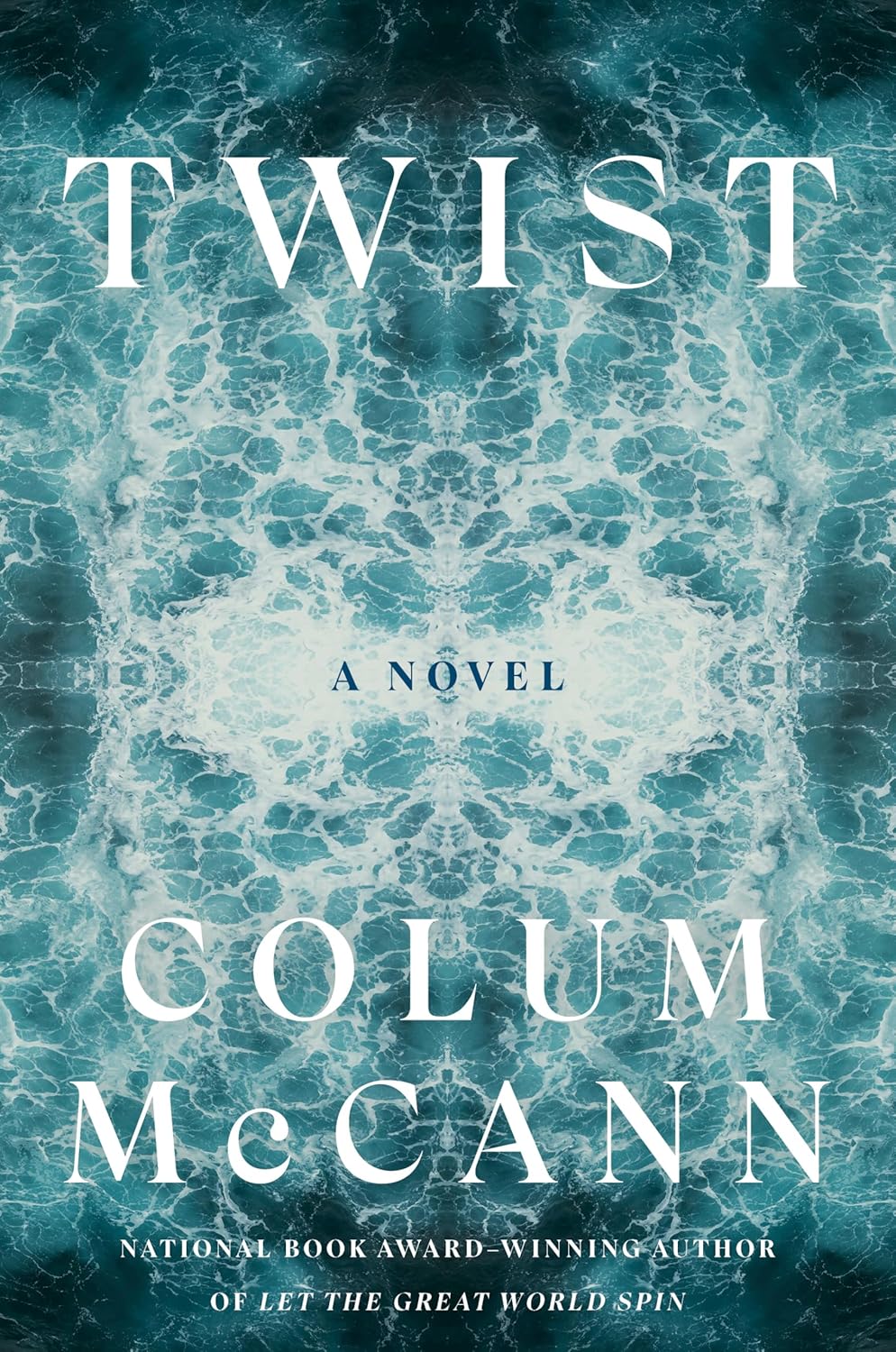A deceptively deep reflection on the ties that link us and the ties that sink us.

It’s all in the cloud. When we think of the systems that keep the internet functioning, perhaps the first metaphor is that heavenly cumulus where all good information goes to exist in eternal glory. Up there, where the satellites orbit and bytes and bits bounce around from your phone to mine. When that email doesn’t go through, when the inevitable glitch occurs, we turn our eyes skyward.
We forget, to our peril, about fiber optics and how much info races through those tiny miracles. Your network goes out, and you wonder if someone has cut the cable. Easy enough to deal with on solid ground, but what of the vast network of cables under the sea? Over 6,200 kilometers of fiber-optic cables stretch among all the continents except Antarctica, linking countries and providing an efficient conduit for information flow on the ocean floor.
But what happens when one of those cables breaks? That’s the question posed by Colum McCann in his new novel, Twist. Someone has to take a boat, find the two ends of the busted cable, hoist them to the surface, and make the repairs, reconnecting the fibers so that they’re whole again. On one level, the story of how this is accomplished is the simple thread of Twist, and it’s a wonder of detail about the luck and danger, the know-how and instinct, the boredom and bravado of the crews who carry out this work.
But just as Moby-Dick is about more than whales, Twist runs deeper into the fragile networks of tortured souls. The tale has its Ishmael in one Anthony Fennell, a journalist and struggling novelist who at first reluctantly pursues the story of these deep-sea technicians for a paycheck. He is soon drawn into the orbit of fellow Irishman John Conway, who leads a team of engineers and sailors hunting the seas off the coast of Ghana for broken cables. Conway’s partner, Zanele, is a South African actress bound for England to perform as one of the tramps in Waiting for Godot.
As interesting as the repair of underwater cables is, the characters are the real twist in the plot. Each undergoes a transformation. Zanele attains a kind of accidental notoriety and fame that drives her deep inside herself. Conway’s whole ethos gets turned upside-down as he uses his diving experience to sever connections with his past. And Fennell comes to realize, “At a certain stage our aloneness loses its allure.” The interplay among these characters gives the book its profound sense of longing: Connect, only connect.
McCann is a poet of existential loneliness in the modern world. In a spare but moving style, he twines together three tales of splintered lives. In his early days, he set such stories in his native Ireland, but over the course of his prolific career, he has broadened his remit to include the wide world in novels such as Apeirogon, Let the Great World Spin, and Zoli, as well as in nonfiction and work for the nonprofit Narrative 4, which aims to achieve a sense of fearless hope through radical empathy. Now more than ever, we need such champions for change and connection.
Keith Donohue is the author of six novels. His most recent is The Girl in the Bog.
.png)